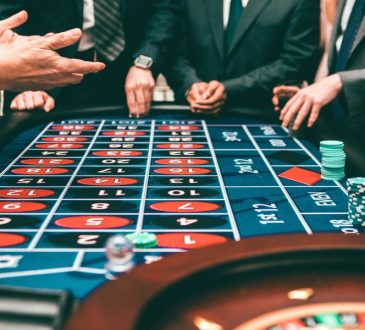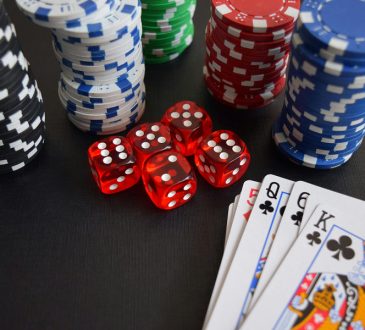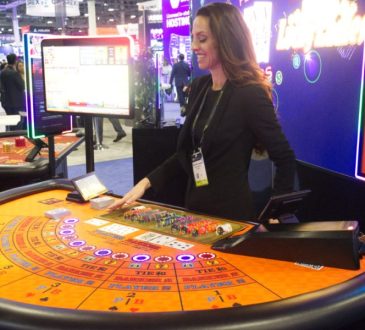
Lucky streaks create temporary deviations from expected mathematical outcomes, dramatically affecting player perceptions and subsequent betting behaviour. These streaks represent statistical variations within normal probability ranges, yet their psychological impact often extends beyond their mathematical significance. While playing บาคาร่าออนไลน์, favourable outcomes can boost confidence. These moments reflect randomness, keeping the game exciting while reminding players of chance over prediction.
Mathematical reality checks
Lucky streaks in baccarat represent normal statistical variations that must occur within any sequence of random events, rather than departures from mathematical expectations. The law of large numbers ensures that short-term deviations from expected outcomes will eventually balance out over extended play periods, regardless of how dramatic individual streaks might appear. Despite their powerful psychological impact on players, these temporary fluctuations do not alter the fundamental house edge or change the probability of future outcomes.
The mathematical foundation of baccarat remains constant regardless of streak occurrences, with each hand maintaining identical odds independent of previous results. Lucky streaks cannot accumulate to create lasting advantages because each outcome resets to baseline probabilities determined by card distributions and game rules. The perception that streaks indicate favourable conditions or hot tables reflects cognitive biases rather than mathematical realities, as random number generation systems ensure each hand operates independently of historical results.
Variance amplification effects
- Extended winning streaks create temporary bankroll increases that enable larger bet sizes and higher exposure to variance
- Lucky periods often encourage players to extend session lengths beyond their original intentions, increasing total risk exposure.
- Positive streaks can trigger bet progression strategies that amplify both potential gains and potential losses during subsequent play.
- Favourable outcomes may lead to overconfidence, resulting in taking larger risks than planned initially.
- Streak-based betting adjustments can transform modest lucky periods into substantial wins or devastating reversals.
Psychological momentum shifts
Fortunate streaks generate emotional states that profoundly influence decision-making processes and risk tolerance during subsequent gameplay. The euphoria associated with consecutive wins often increases confidence and willingness to take chances that a player might typically avoid. These emotional shifts can override logical betting strategies and lead to dramatic changes in play style that persist beyond the actual streak period. The memory of recent success creates an optimism bias that makes future positive outcomes seem more likely than probability suggests. This psychological momentum can sustain altered betting patterns long after the original lucky streak has ended, extending the influence of temporary statistical variations into future gaming sessions. The contrast between streak highs and subsequent normal results often feels disappointing, potentially triggering attempts to recreate the favourable conditions through increased play or bet adjustments.
Session memory distortions
- Vivid recall of dramatic wins during lucky streaks overshadows memories of routine losses during regular play periods
- Selective memory emphasises the duration and magnitude of favourable streaks while minimising periods of average or poor results
- Success attribution during streaks often focuses on skill or intuition rather than acknowledging random chance
- The emotional intensity of lucky periods creates stronger memory formation compared to mundane outcomes
- Retrospective analysis tends to romanticise streak periods while downplaying their statistical ordinariness
Lucky streaks influence long-term results primarily through their psychological impact on betting behaviour rather than through any mathematical advantage they provide players.




